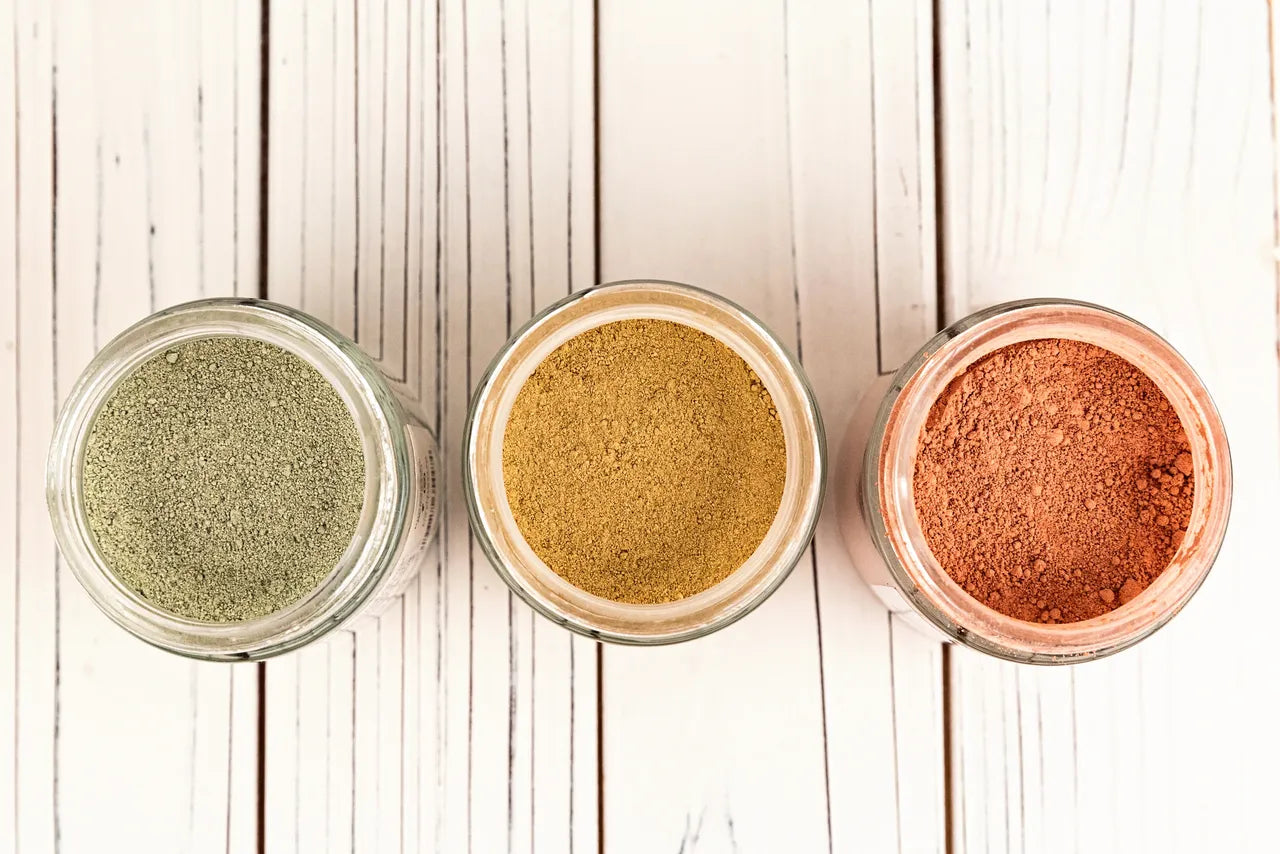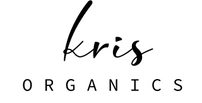
OUR VOW
Transparency is the backbone of Kris Organics.
At Kris Organics we have a true love for everything organic, simple & lovingly handmade. We are passionate about taking good care of our bodies, the earth and our community. We are always finding the highest quality, organic, most nutrient dense and effective ingredients out there to deliver a pure product to you!
Transparency is extremely important to us because knowing what is going onto your skin is just as important as knowing what is going inside your body. So we pledge to always show a full list of ingredients, NEVER using any:
- palm oil
- soybean oil
- fragrance oil
- refined materials
- preservatives
- emulsifiers
OUR FOUNDATION
No Palm Oil
The refining process involves bleaching the palm oil to remove the red pigment, adding phosphoric acid to remove any gum and deodorization to remove any scent. Palm oil and palm kernel oil can also be bad for skin if you are prone to blocked pores. This is because these oils are high in oleic fatty acids are believed to block pores which can lead to acne outbreaks.
A soap bar made from majority palm oil will not be good for your skin. Palm kernel oil is a cleanser in soap and will dry the skin out. Palm kernel oil is one of the most common oils used in soap bars you can buy over the counter at supermarkets and pharmacies.
Palm oil is also used to create other ingredients used in skin care. In the process of refining palm oil, fatty ‘oleic’ alcohols are produced as a side product.
These fatty alcohols are then sulfonated to become a crystalline salt. Specifically they are transformed into sodium lauryl sulphate, a common ingredient used in everyday wash products, detergents and laundry powder. Once this chemical has been produced it can then be further manipulated into sodium laureth sulphate by the process of ethoxylation which produces a cancer causing chemical called 1,4 dioxane.
Sodium laureth sulphate is more commonly used in liquid solutions such as shower gel and hand wash. This is because in liquid solutions a lot more of these chemicals are used and sodium laureth sulphate is slightly gentler on skin than its parent chemical.
These chemicals that are derived from palm oil are not very good for skin. They are harsh chemical surfactants which strip the skin of its natural grease.
This natural grease ties skin cells together and stops moisture loss. These palm oil derivatives easily break down this grease and allow it to be washed away. This can lead to dry skin.
No Soybean Oil
Soybean oil is not recommended for oily skin as it’s high on the comedogenic scale. “Because of its occlusive properties, soybean oil can clog pores,” Hausauer says. In fact, vitamin E in high concentrations, which soybean oil is rich in, can also be linked to breakouts, she notes
No Fragrance Oil
If the ingredients list includes the words: fragrance, fragrance oil, FO, perfume, fragrant oil, or parfum then it's synthetically scented and definitely not all-natural, even though the label may state that it is a natural product.
Synthetic fragrance is one of the top cosmetic ingredients to avoid. You will find it in every single natural beauty expert's list of toxic cosmetic ingredients to avoid. Burning synthetic fragrance oils in candles is potentially even worse
than using them in your cosmetics as the it the burning candle produces an even more toxic chemical smoke vapor.
On a cosmetic label, terms for synthetic fragrance include perfume, fragrance, fragrance oil, and parfum.
These are ubiquitous terms for a chemical substance which can contain up to 200 undisclosed ingredients. Common side effects are headaches, dizziness, rash, hyper-pigmentation, violent coughing, vomiting, skin irritation, more..
